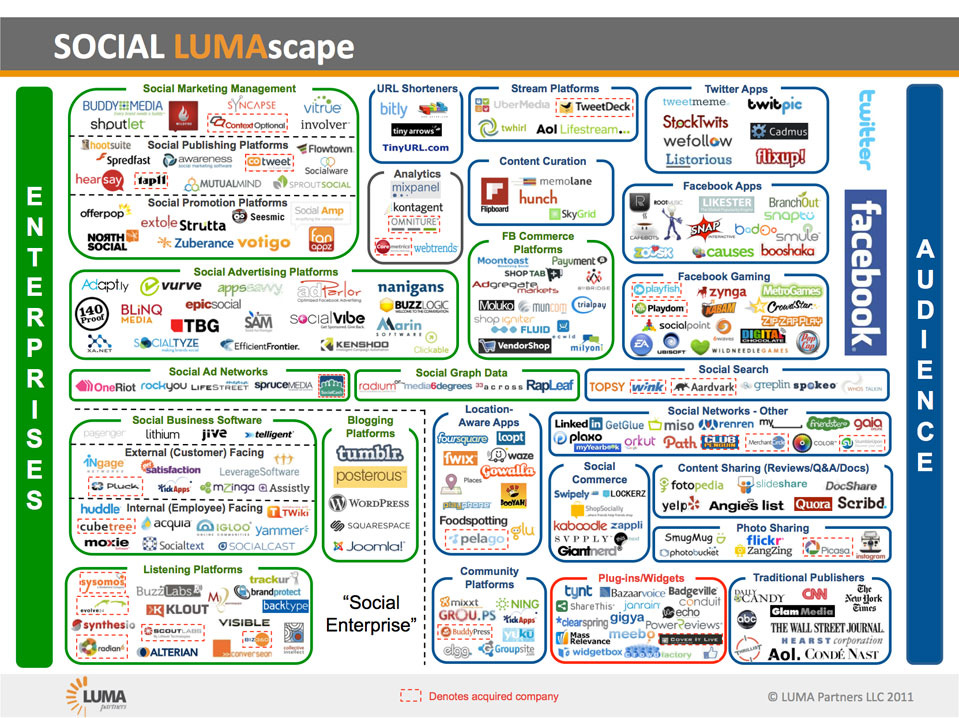Tips & Tricks Series: How Deplorables can use the internet without fear of 6am no-knock FBI raids
An old geek's guide to ensuring you online safety, privacy, and anonymity
Introduction
I’m beginning a new series today for people who want to use the internet to exercise their constitutionally protected freedoms for things like searching for firearms or inquiring about the next school board meeting — all without fear of ending up on Merrick Garland’s terrorist watch list.
In this age of censorious tech overlords and overbearing government, coupled with an explosion of online media purveyors, up-leveling ones’ internet skills is not only important for time management but, these days, for your very freedom.

Since you’re reading this on Substack, you’re probably interested in newsy content. I’ll detail ways to turbocharge your news consumption workflow to make the best use of your time amid the bewildering array of online news sites — and to do so anonymously. I’ll inform you of ways to avoid “feeding the beast” by reducing your GAFAM dependence. (Google-Amazon-Facebook-Apple-Microsoft.) You’ll learn to hide your online activities from your ISP — and 3-letter govt’ agencies. We’ll uncover the best ways to block annoying ads and malicious content, speeding up and securing your online access at the same time!

What’s the sense in giving our tech overlords your data — your personally identifying information, your search habits, your web page history — only so they can profit from, control and manipulate you? Let’s cut that cord, shall we?
My decades of experience in Silicon Valley high tech combined with a deep interest in politics has over the years made me a rather efficient internet searching-lurking-posting-hiding machine. I’m a card-carrying Deplorable, and I spend considerable time devising ways to thwart Big Tech and Big Gov’t. I’m happy to pass it along so you can benefit, too. While there are no absolutes, just a few measures can dramatically alter your internet footprint and make it harder, if not impossible, for those goons to target you.
The good news is there’s stuff everywhere. The bad news is it’s everywhere.
If you’re reading this post, you indicate a desire to access meaningful content (if I must say so myself!). This series will bolster the means by which you can access good stuff anonymously and securely, without fear of Big Tech/Gov’t censorship.
Online political commentary and news sources today are wildly fragmented, leading to considerable confusion and adding to the effort required to access them. It’s a shame, really, because there is just so much good stuff out there. Stuff you’d NEVER get by watching TV news. But who’s got the time to find it, much less acquire it, much less consume it? It’s frustratingly hard work.
Here’s a visual that illustrates the problem:

The trick is to sift through (i.e., curate) the possible players to collect the relatively small working set that are worth your time and effort.
So the default choice by many is to languish in establishment-friendly environs like TV news (MSNBC, CNN, CNN+, and, yes, FoxNews and Newsmax) or their website equivalents. A horrifyingly large number of online news consumers find their news on Facebook.
But you’re wiser and smarter than that. You seek real news.
Lamentably, your job has gotten harder. Lately in response to Big Tech censorship entirely new platforms have sprung up, adding to the bewildering array of newsy online sources. Alternatives to Twitter include GETTR, Parler, and Truth Social. (The success of these alternatives in part led to Twitter’s travails.) Rumble has had a great run as an alternative to YouTube. Locals.com enjoys a huge following of communities and mirrors Facebook — except one can discuss counter-narratives like vaccine side effects, Hunter’s laptop, election fraud, and other “disinformation” on Locals.
I’m leaving out Bitchute, Minds, Patreon, Subscribestar, Odysee, Gab, Twitch and, of course, Substack.
Parler is noteworthy because back in early 2021 it was whacked by Amazon, who cut Parler’s access to core web services on Amazon Web Services (AWS), and by Apple and Google, which banned Parler from their respective app stores. See what I mean about their being evil companies?
Many sites require sign-ins. Others hide content behind paywalls. Some notable content providers reside here but not there, and are known as X here and Y there. It’s a very frustrating experience.
Where we go from here
With this post as an introduction, I’ll discuss in the next post(s) how to hide your internet traffic — the data you access, the websites you visit, the searches you make — so the things you do online remain your business and no one else’s. I promise to make the topics grandpa-friendly but will delve into the tech side of things as warranted. This, to make the steps I lay out as approachable and simple as possible, and to inform you of why they’re important to implement wherever possible.
After laying a solid foundation of privacy and security measures, in later posts, I’ll uncover ways to access get to the Good Stuff out there on the interwebs.
Until then …
Bye.

